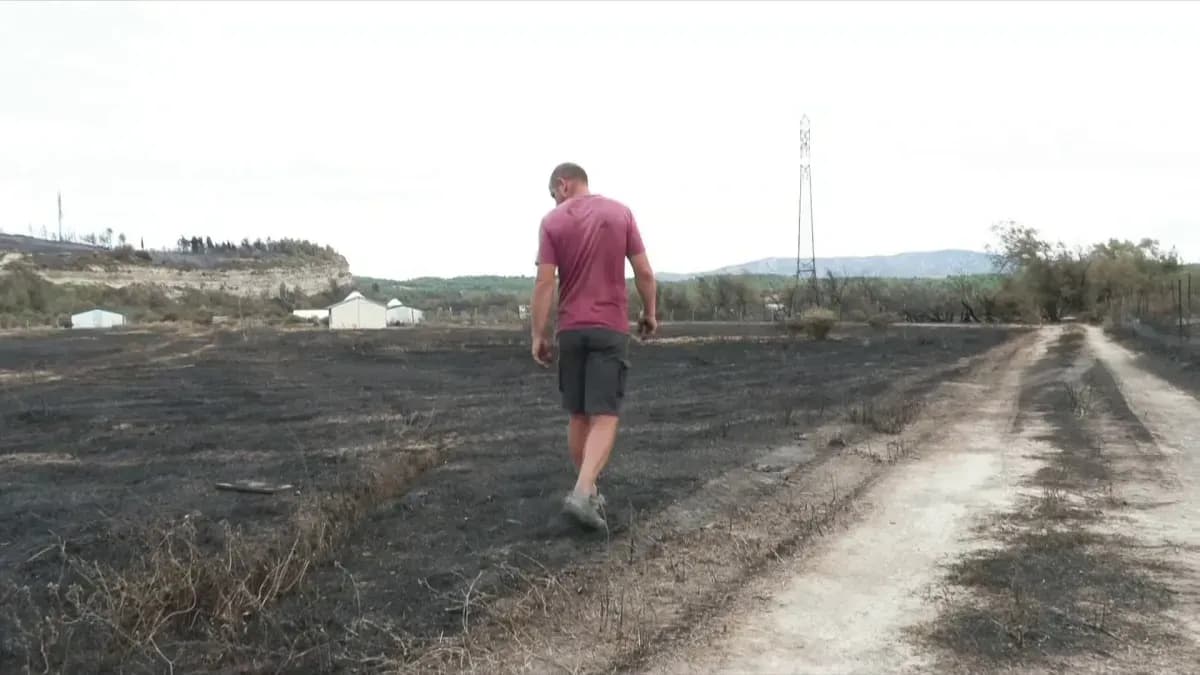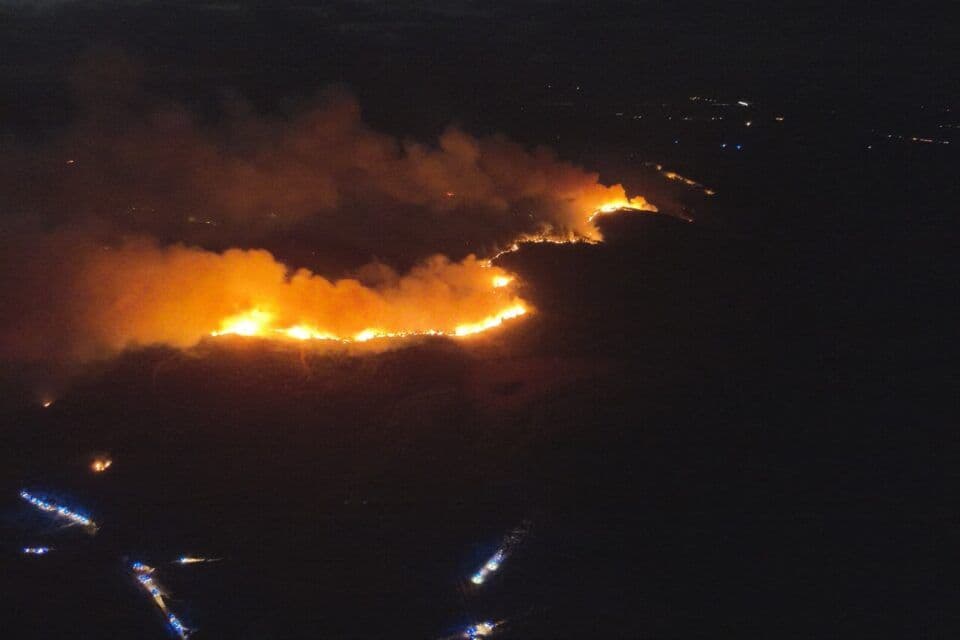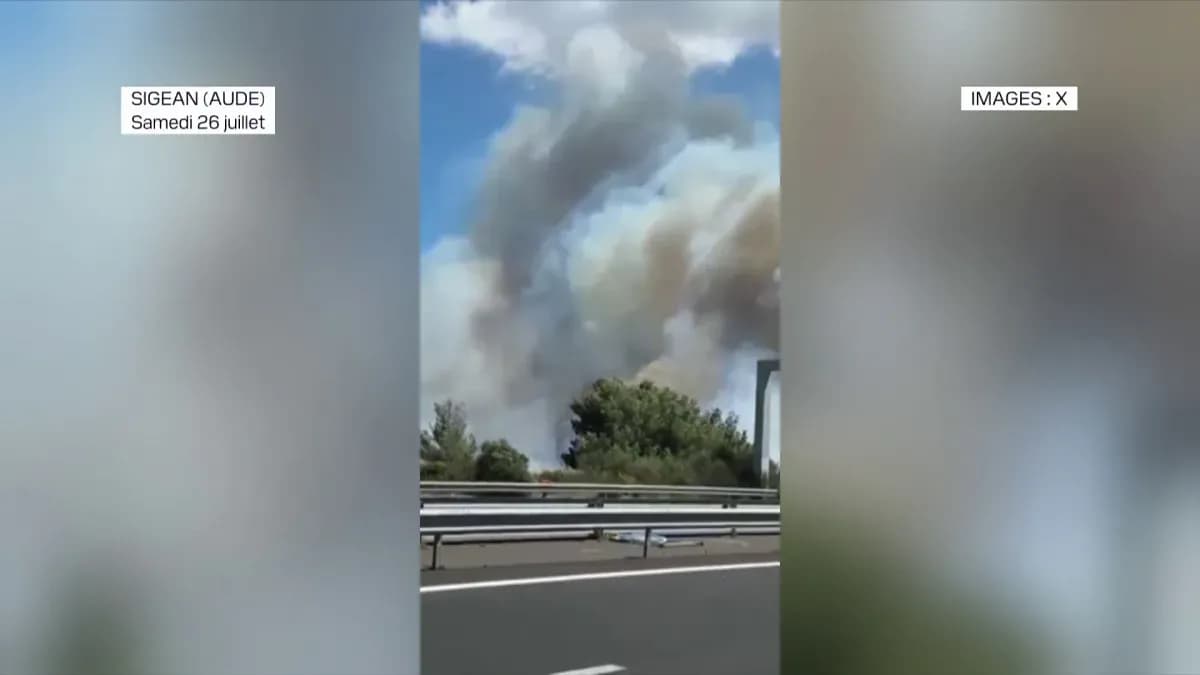Aude's Ember Awakening: Charting the Path to Ecological Renewal Beyond the Blazes
Explore Aude's post-megafire ecological rebirth. Uncover the fight for wildlife recovery, delve into policy debates like hunting bans, and envision a resilient future for wild France.
The Summer of Fire: A Defining Moment for Aude
Last summer, the department in France faced an unprecedented environmental crisis, as devastating wildfires ripped through its landscapes. What many are calling the worst fire in at least fifty years, this 'historic blaze' ignited rapidly on August 5th, quickly overwhelming initial response efforts. Firefighters, including a detachment of 79 from the greater Paris region, were swiftly mobilized from other hard-hit areas like Bouches-du-Rhône, Var, and Gard, converging on Aude to combat the inferno. The sheer scale of the destruction was staggering; nearly 17,000 hectares around Ribaute were consumed by the flames before the fire was finally brought under control. For many involved, like Corporal , returning from the front lines, the experience was profoundly impactful, feeling like participation in a moment that would forever mark the region. This wasn't merely a natural disaster; it was a visceral reminder of nature's power and fragility, setting the stage for a critical period of reflection and recovery for Aude's cherished wild spaces.
Nature's Battleground: The Devastating Impact on Aude's Biodiversity
The fires transformed Aude's vibrant ecosystems into a stark, charred battleground, leaving an indelible mark on its delicate biodiversity. The immediate aftermath revealed a landscape dramatically altered, where once thriving flora now lay as ash and smoke. This isn't just about the scenic beauty lost; it's about the profound disruption to the ecological balance that sustains countless species. Thousands of animals, already traumatized and displaced by the destructive passage of the flames, are now without their homes, their crucial habitats obliterated. They desperately need a period of respite, peace, and undisturbed time to resettle and begin the arduous process of recovery. This ecological devastation extends beyond visible destruction, impacting the very web of life that defines Aude's natural heritage, from microscopic organisms in the soil to the region's larger wildlife. Allowing nature to heal on its own terms is not just an ideal; it's an absolute necessity for the long-term health of this precious environment.
The Human Hand in Recovery: Navigating Policy and Preservation
In the wake of such widespread ecological damage, the human response becomes paramount. It's time for real, concrete, and responsible measures to facilitate the regeneration of these scarred territories. One significant proposal gaining traction, championed by figures like and supported by a growing petition, is the suspension of hunting activities in Aude for a full year. Proponents argue that this moratorium would offer nature a vital chance to regain its already precarious balance, free from the additional pressure of what is often termed 'regulatory' hunting. In such a fragile state, the very notion of regulation through hunting becomes questionable; the immediate priority must be unhindered natural recovery. This policy decision embodies a crucial commitment to ecological preservation, demonstrating solidarity with an environment and its biodiversity now in grave danger. It highlights the critical tension between traditional human activities and nature's urgent need for unhindered regeneration, urging a policy shift that prioritizes the latter.
Beyond the Ashes: Long-Term Visions for a Resilient Aude
Looking beyond the immediate aftermath and the proposed hunting moratorium, the long-term vision for Aude must center on fostering true ecological resilience in a changing climate. The call to let nature reclaim its rights and allow wildlife to re-establish a stable equilibrium is more than just a plea; it's a blueprint for a sustainable future. This comprehensive recovery won't be a quick fix, but a multi-year journey requiring sustained commitment. It involves not only policy decisions, like the potential hunting ban, but also community-wide efforts to restore and safeguard the environment. This might encompass reforestation initiatives with climate-resilient species, enhanced fire prevention strategies, and education programs to foster a deeper understanding of ecosystem health. The historic fires have underscored the fragility of Aude's natural spaces, but they also present an opportunity to rebuild stronger, smarter, and more collaboratively, ensuring that the region's unique biodiversity can thrive for generations to come, adapting to the inevitable challenges posed by a warming world.
Related Articles

A Nation Ablaze: Beyond the Red Alerts – The Enduring Human and Ecological Toll of France's Summer Fires

A Nation Ablaze: Beyond the Red Alerts – The Enduring Human and Ecological Toll of France's Summer Fires

Aude's Living Shield: How Nature and Community Are Forging a New Era of Wildfire Resilience

Aude's Living Shield: How Nature and Community Are Forging a New Era of Wildfire Resilience

Sigean's Fiery Embrace: Unpacking a Region's Recurring Battle with Blazes

Sigean's Fiery Embrace: Unpacking a Region's Recurring Battle with Blazes

Beyond the Blaze: The Human and Ecological Toll of Europe's Escalating Wildfires
